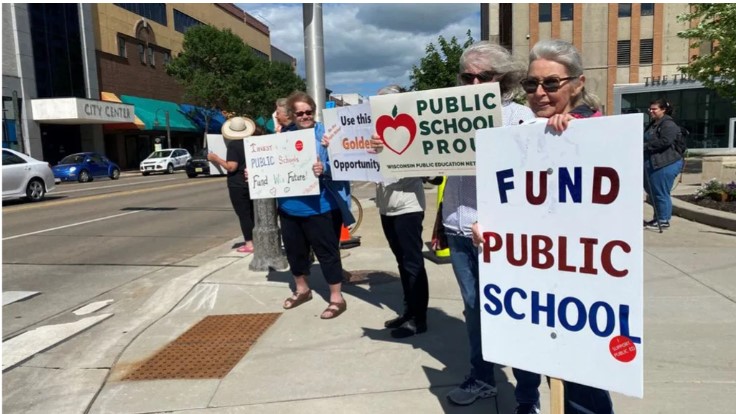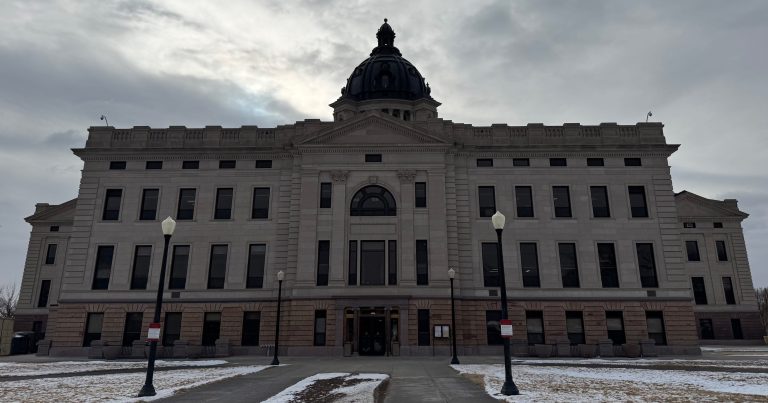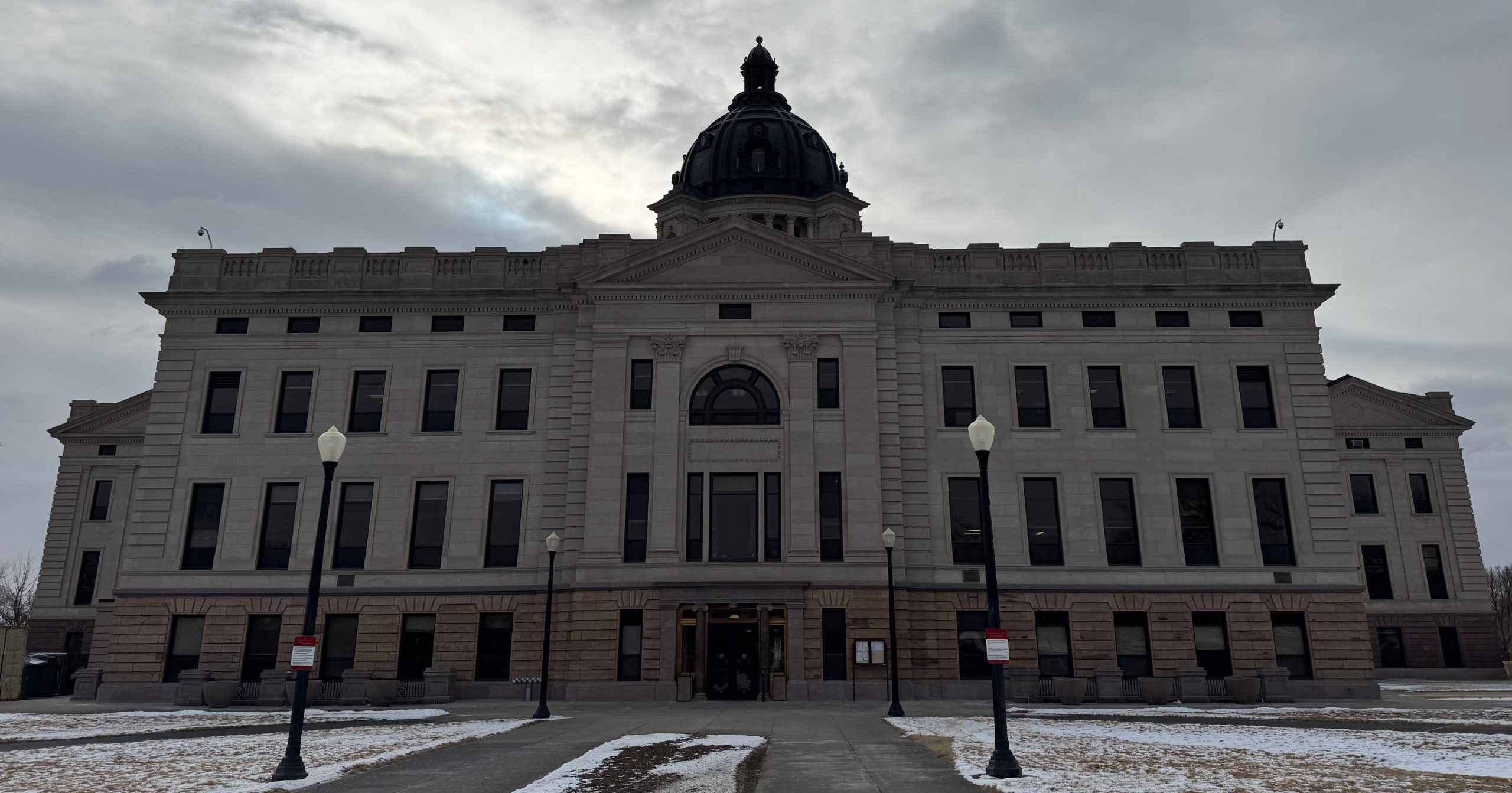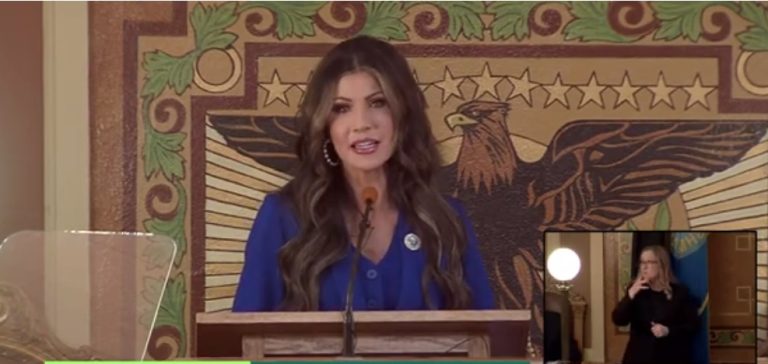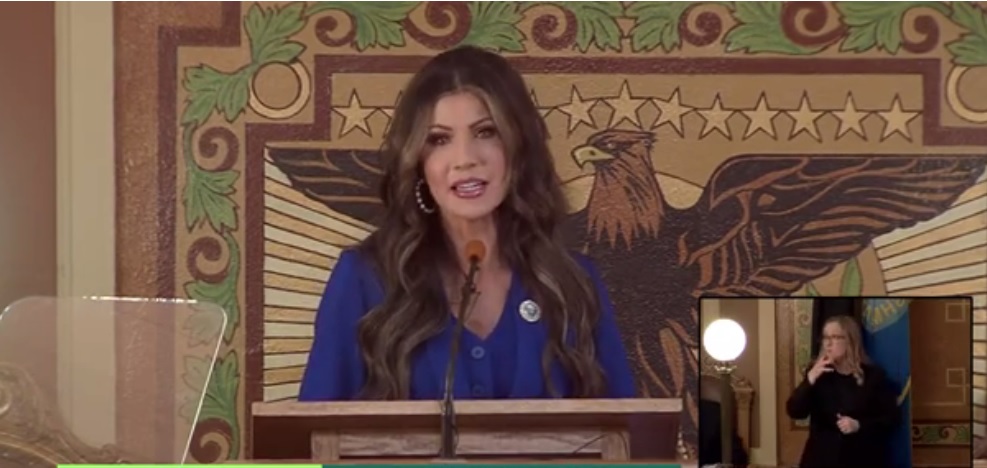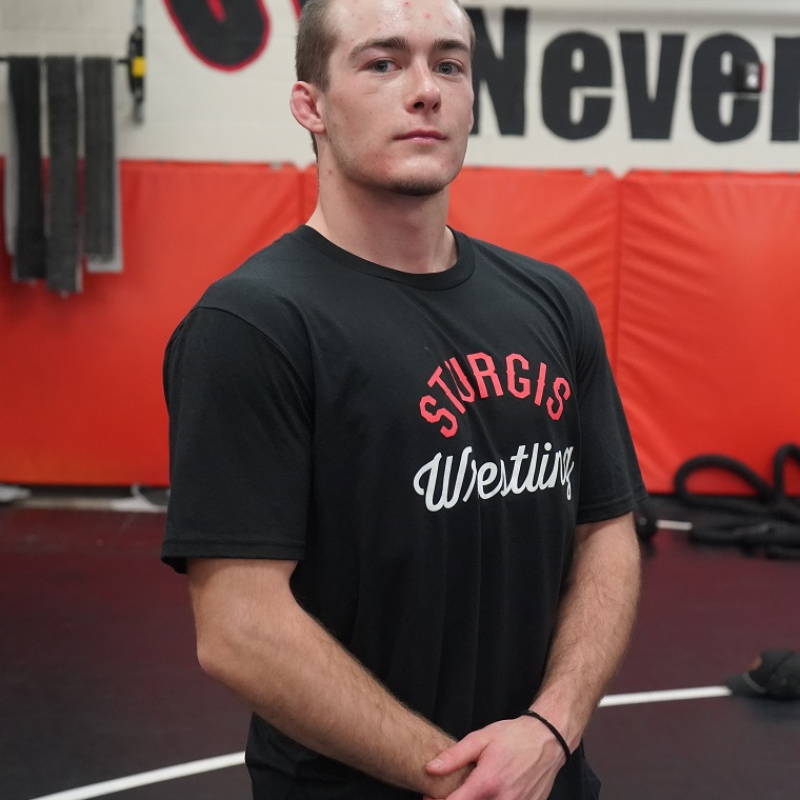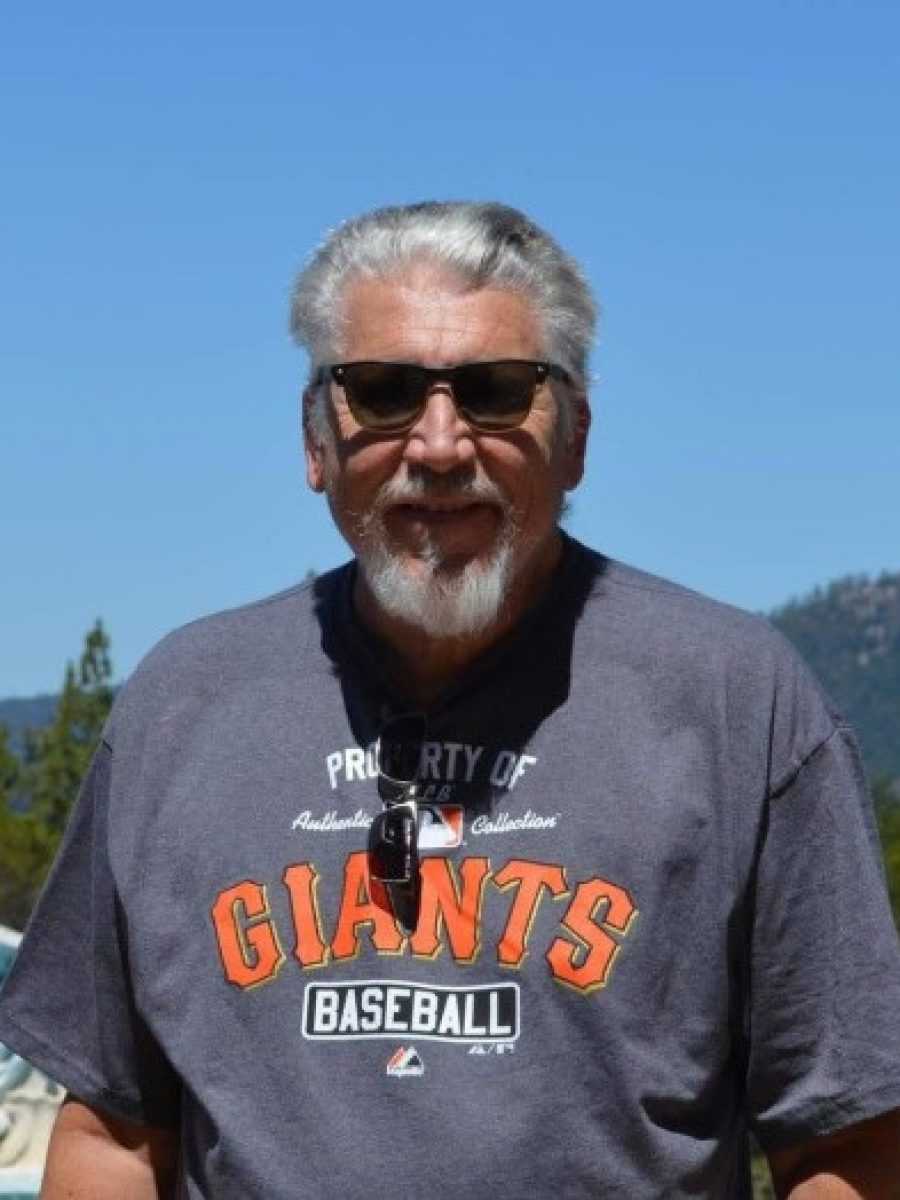PIERRE, S.D. – Public funding for private education will be the premier battle between public education groups and South Dakota policymakers during the upcoming legislative session.
But a lack of detail about how an education savings account program would be administered leaves its future in question. Gov. Kristi Noem has announced plans for the program with a $4 million request from the Department of Education, but both the public education lobby and school choice proponents have questions.
“The right bill could get through this year,” said Jennifer Beving, deputy director of Americans for Prosperity-South Dakota, a center-right leaning advocacy group that’s pushed for K-12 alternatives to public education like homeschooling and state-funded tuition assistance for years.
The $4 million requested by Noem would provide up to $3,000 to low-income students to assist families with the cost of private school tuition or homeschool curriculums.
Beving and incoming legislative leadership members within the Republican Party consider the proposal a win after years of infrequent successes in the realm of pro-alternative instruction legislation.
While an insurance industry-funded tuition-assistance program limited to only low-income families wishing to enroll in a private school was established during Gov. Dennis Daugaard’s administration, South Dakota is among only four states that does not commit any state tax revenues toward some variation of alternative education funding like charter schools, vouchers, private school tuition assistance or education savings accounts.
Past attempts to change that have been soundly rejected by state lawmakers.
Noem’s newly-stated support, however, could change that. But not without a fight.
The 53-year-old’s proposal, like those past efforts, faces fierce opposition from public school groups that contend using public funds to support private education jeopardizes the integrity of the public school system, will erode the state’s ability to adequately fund public education and is likely to lack enough accountability controls.
The South Dakota Education Association, which represents teachers, quickly blasted the proposal following Noem’s budget address in a statement noting that private schools that could benefit from an ESA program aren’t held to the same standards as public schools, which cannot deny enrollment to any student within their district, for example.
Noem attempted to counter the argument that $4 million for an ESA program means less for K-12, telling lawmakers “we will not be cutting any dollars from our public schools, as many might try to argue.”
But proposing a new program that Noem says will someday be universally offered to all students in South Dakota — within the same budget that calls for more than $70 million in cuts, and K-12 funding increases of 1.25 percent — has educators and their representatives in Pierre unconvinced.
“If it’s not out of our bucket, it’s coming out of somebody’s,” Milbank Superintendent Justin Downes told The Dakota Scout. “It is a pie, and if somebody eats a piece of the pie, there’s less for everybody else to eat.”
Downes also questioned how the DOE intends to track how the $3,000-per student allotments would be spent if approved by the Legislature, and if there’d be any way to measure whether the assistance was resulting in better educational outcomes for recipients.
“We don’t oppose parochial education and alternative instruction, and we understand why people choose to homeschool or alternatively instruct their kids sometimes,” he said. “But if there’s going to be public dollars, is there going to be accountability?”
The resistance to Noem’s proposal could come from less predictable groups as well depending on the specifics about eligibility, administration and other stipulations that might or might not be included.
While she’s appreciative and excited about the proposal, Beving said many homeschool families are disappointed that Noem’s proposal is limited to low-income households and the amount of assistance she’s calling for isn’t higher.
“There will still be people who are above the poverty line that still really need this,” she said, adding that in other states, low-income based ESA initiatives haven’t led to “robust programs.”
And though the Legislature is expected to have shifted further to the political right following this year’s election cycle, rural Republican lawmakers could also prove to be a hurdle. That’s because that sect of lawmakers have traditionally been allies of public schools.
Sen. Jim Bolin, a Canton Republican who has taught in both public and private schools, said the biggest supporters of public schools have traditionally been from rural Republicans who like their schools. Those are often generational schools, where they attended, along with their parents and grandparents and where their children go.
“Those schools aren’t radical places of indoctrination,” Bolin said. “The farmer’s wife is a teacher. Rural people like their schools.”
Bolin, who is leaving the Legislature this year after 16 years, said he expected some type of alternative education funding proposal to emerge. He said recently read a national news article highlighting conservative groups funding efforts in red states to expand school choice, and a proposal from Noem or some other group was inevitable.
“There is, right now, a concerted effort to get every red state vouchers – education savings accounts – whatever you call them,” he said. Once victories are achieved in red states, activists hope to “pick off” some blue states.
Lawmakers supported creating a scholarship program for needy children in 2016 that was funded by a tax credit insurance companies received when they donated money. While not a direct government-to-student subsidy, it did move in that direction – something public school advocates warned against.
But that program requires those dollars be spent at accredited private schools, and two, it had to be kept in-state. Noem’s proposal doesn’t appear to have those guardrails and could be used by homeschoolers.
Democratic legislators won’t be supportive of the program either. Senate Minority Leader Liz Larson and Rep. Eric Emery, House assistant minority leader, have already criticized the proposal. And though Democrats hold only three seats in the Senate and six in the House, a splintered Republican coalition in both the House and Senate could add importance to their votes.
“Democrats will play a very substantial role in how this session goes,” Bolin said.
Until more details about the initiative surface, it’s unclear how Noem’s proposal will be met in the Legislature, though Republican leaders say they’re generally in support of helping families pay for their children’s education outside of a traditional public school setting.
“I think that’s a really important aspect of providing families choice within their education,” incoming House Speaker Jon Hansen said. “We know our public school systems are incredibly important … but for some families homeschooling or a non-public school might be a better option for them.”
